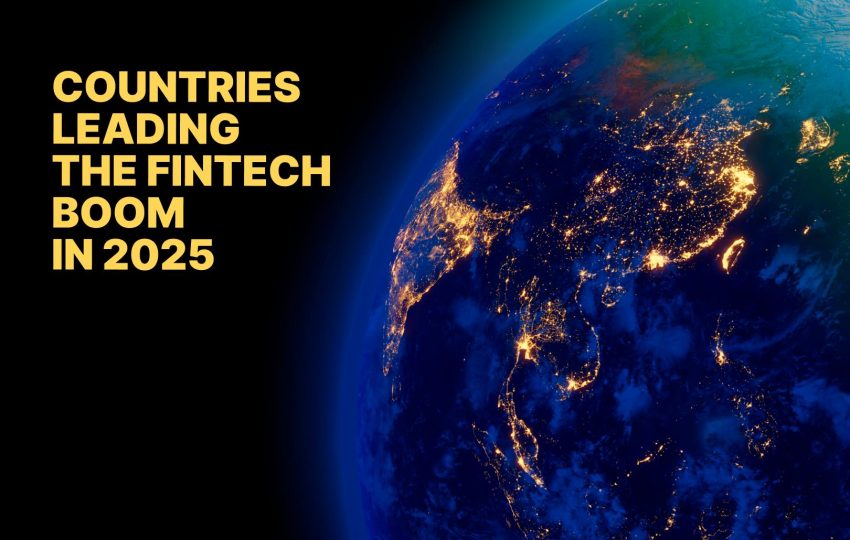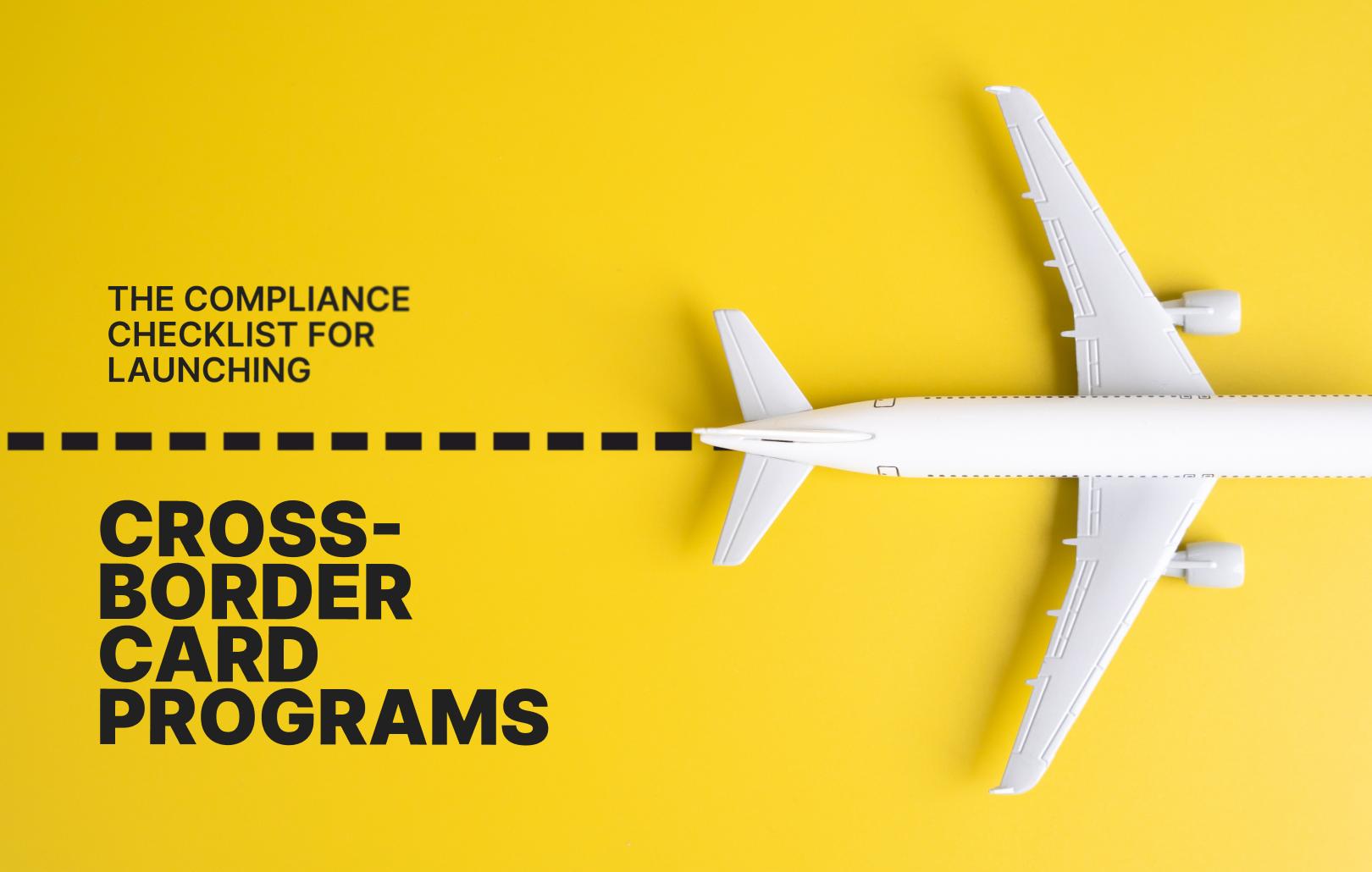Countries leading the fintech boom in 2025 – and why Lithuania keeps rising

The fintech race is on
The global fintech landscape is shifting fast: in 2024 alone, over 30,000 new fintech startups launched across the globe. What once centered around a few dominant markets is now becoming a more distributed, competitive, and innovation-driven arena. In 2025, fintech is not just about disrupting legacy finance—it’s about building smarter infrastructure, enabling financial inclusion, maximizing customer experience, and powering new business models across industries.
From Silicon Valley to Southeast Asia, countries are racing to capture fintech leadership. Some lead with investment volume, others with regulatory agility or deep tech ecosystems. But one country, Lithuania, is emerging with a unique mix of speed, vision, and cross-border potential.
Let’s break down the five countries shaping the fintech boom in 2025—and take a closer look at why Lithuania is leading Europe’s fintech ascent with bold, agile moves.
United States: California leads the charge
The US continues to dominate the global fintech ecosystem, with California emerging as its indisputable nerve center. According to Fintech Global, California accounted for over a third of all fintech deals in Q1 2025, reinforcing its role as both a financial and technological powerhouse. The density of talent, access to capital, and a culture of innovation keep Silicon Valley and the Bay Area at the forefront. With embedded finance, blockchain, and AI-powered platforms proliferating, the US remains a launchpad for global fintech giants.
United Kingdom: Resilience meets reinvention
Despite economic headwinds, the UK is holding its ground as a global fintech leader, retaining its #2 spot in global fintech investment rankings in early 2025. London’s ecosystem remains vibrant, with a maturing regulatory landscape that continues to attract both startups and scale-ups. Neobanks, regtech, and cross-border payment firms are thriving there, driven by investor confidence and access to an international talent pool.
India: Fueling financial inclusion at scale
India’s fintech sector is moving with unstoppable momentum. As EY reports, fintech is instrumental in building “Viksit Bharat”—a digitally empowered India. With a young, tech-savvy population and an increasingly inclusive financial system, India is now home to over 10,000 fintech firms, and the number is growing. Fueled by dynamic entrepreneurial spirit, government and regulatory support, and ability to attract investments, the local fintech sector is rapidly maturing and becoming a self-regulated, responsible player, driving India’s leadership in the global arena.
Singapore: Regulatory excellence with a global vision
Singapore continues to punch above its weight. As highlighted in The Fintech Times, the island nation has developed one of the world’s most advanced fintech ecosystems, driven by proactive regulation, public-private collaboration, and tech adoption. With ~2,600 fintech companies operating out of the city-state, Singapore remains a magnet for regional HQs and emerging technologies in digital banking, wealthtech, and green finance. The Monetary Authority of Singapore (MAS) provides the gold standard in regulatory sandboxes, nurturing both innovation and trust.
China: Scaling up, digitally
China’s fintech sector is moving fast, with a projected CAGR of 13.8% through the decade. The country’s digital economy is vast, supported by major players like Ant Group and Tencent. China’s fintech growth is underpinned by mass adoption of mobile payments, AI in credit scoring, and smart contract integration. As Beijing tightens regulatory control, the market is becoming more structured and innovation-driven, creating room for sustainable fintech growth.
Lithuania: Europe’s most agile fintech hub
Over the past decade, Lithuania has transformed from an underdog into a powerhouse in Europe’s fintech arena. According to Finextra, the country processed over €152 billion in fintech transactions in 2024, thanks to its exceptional regulatory agility and open market access. It now hosts 282 active fintech institutions, which is the highest number of licensed fintech entities per capita in the region. Having a total population of only 2.9 million, Lithuania is home to companies that serve over 30 million customers across the European Union and the world.
They key edge? Speed and accessibility. The Bank of Lithuania offers a fast-track licensing regime, allowing startups to secure an EU-wide electronic money institution (EMI) or payment institution (PI) license in just three months. It’s also home to LBChain, the world’s first blockchain sandbox launched by a central bank.
Beyond regulation, Lithuania boasts a growing fintech talent pool of nearly 8,000 professionals, supported by fintech-centric academic programs and relatively low operational costs. Despite global turbulence, Lithuania’s fintech sector continues to mature and display optimism: 57% of companies employ international staff locally (compared to 53% in the previous year), and 88% anticipate growing their teams further in 2025.
We chose Vilnius as Satchel home base for good reason. Lithuania’s fintech scene is buzzing with energy and innovation, and being here puts us right in the middle of it all. Plus, our location here lets us serve customers across multiple markets while benefiting from regulations that actually help fintech companies grow.
Final thoughts
The global fintech scene continues to remain bullish and evolve rapidly despite the broader geopolitical and economic uncertainty. While legacy giants like the US and the UK maintain dominance, newer players like Lithuania are seizing the moment through smart policy, strong infrastructure, and openness to innovation.
Whether you’re a founder looking for the right jurisdiction to launch, an investor scanning for high-growth regions, or a startup ready to scale across borders, knowing where the momentum is matters. Reach out to us to find out how you can join the global fintech scene and launch your own fintech in only 1 month with no license requirement.





